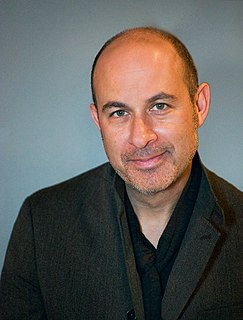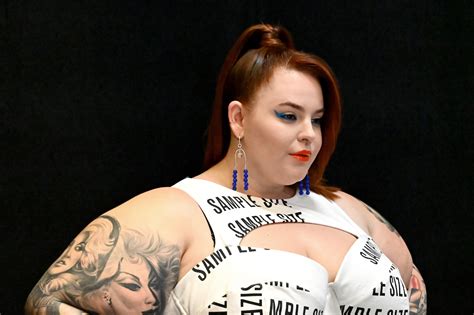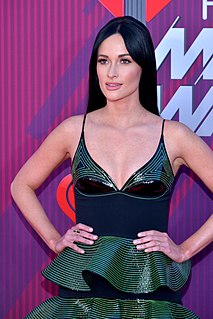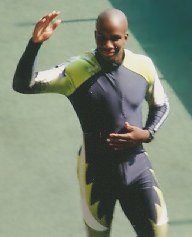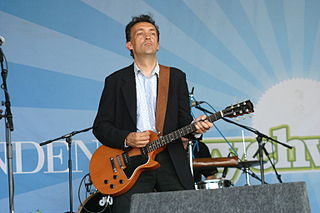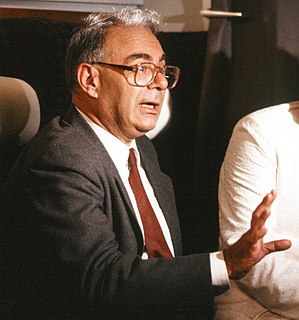A Quote by Borns
I like a lot of older, '60s or '70s-style songwriting.
Quote Topics
Related Quotes
When I was a kid, a lot of my parents' friends were in the music business. In the late '60s and early '70s - all the way through the '70s, actually - a lot of the bands that were around had kids at a very young age. So they were all working on that concept way early on. And I figured if they can do it, I could do it, too.
When I began writing poems, it was in the late 60s and early 70s when the literary and cultural atmosphere was very much affected by what was going on in the world, which was, in succession, the civil rights movement, the antiwar movement, and the women's movement in the 60s, 70s, and into the early 80s. And all of those things affected me and affected my thinking, particularly the Vietnam War.

